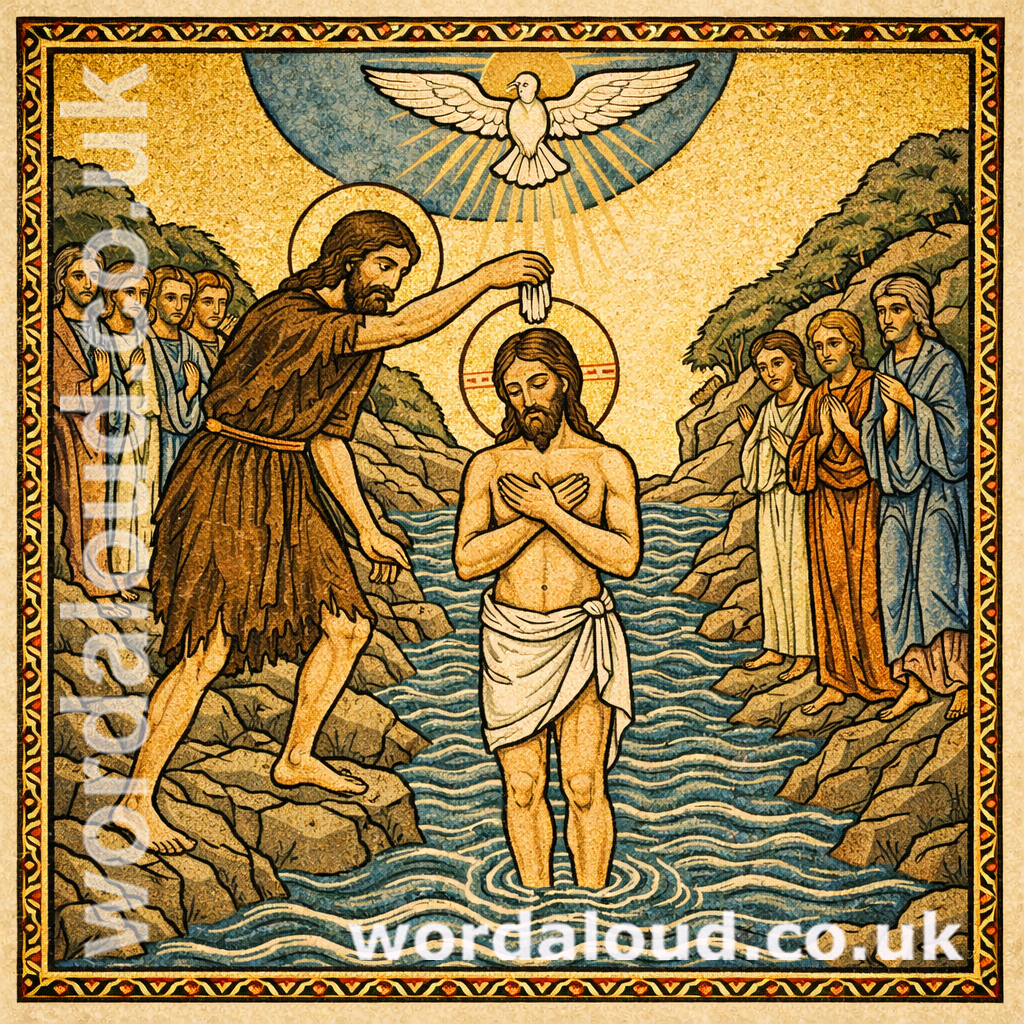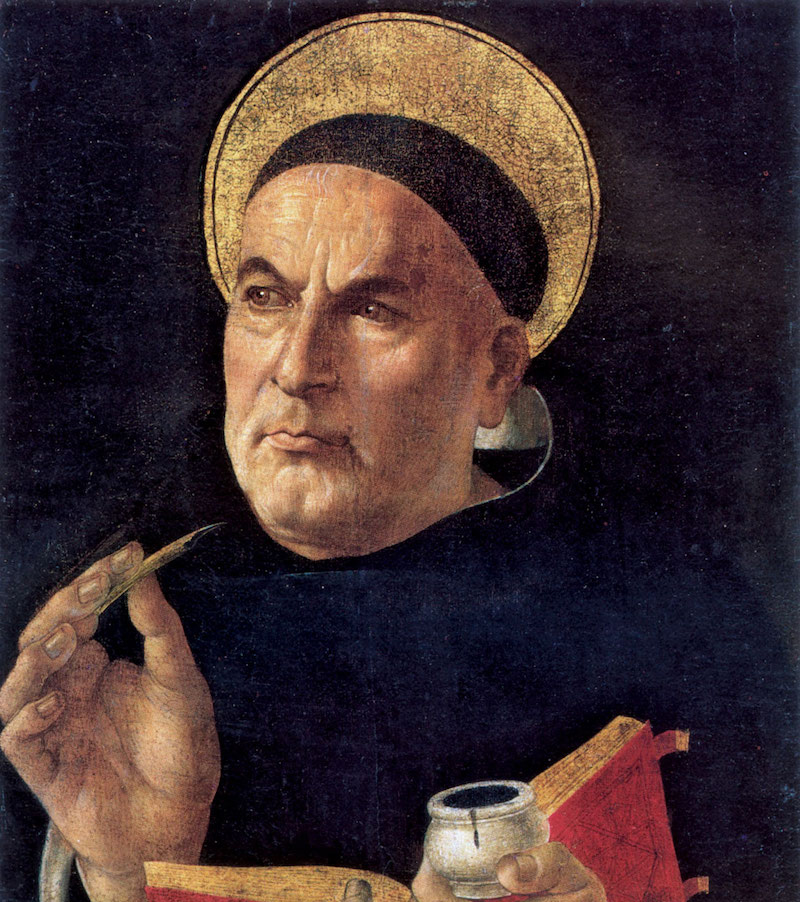Christian Art | Prayer With Jesus | Psalms | Prayer For National Victory After Defeat | King David As A Boy | Audio KJV | King James Audio Psalm
Psalm 60 | King James Audio Bible
YouTube: Psalm 60 | KJV | King James Version | Audio Bible | Word Aloud
Psalm 60 seeks divine intervention in times of trouble. It is a plea for God’s guidance and protection during challenging moments. The psalmist begins by acknowledging a sense of abandonment and dispersion by God, recognizing the need for divine favor once more. Imagery of a trembling earth and brokenness symbolizes turmoil faced by the psalmist and the people.
The psalmist reflects on hardships endured by the community, describing them as ‘hard things’ and likening their suffering to drinking the ‘wine of astonishment.’ Amid this distress, there is a call to God, the source of strength and salvation. The mention of a banner for the faithful signifies hope that God’s truth and protection will be displayed.
The plea in this psalm is for deliverance, invoking God’s right hand and beseeching Him to hear the people’s cries. Throughout the psalm, the psalmist proclaims God’s sovereignty, declaring that God has spoken in His holiness. This recognition of divine authority is a source of rejoicing for the psalmist.
Furthermore, the psalm includes references to geographical places and territories, symbolizing the extent of God’s dominion. Mention of Shechem, Succoth, Gilead, Manasseh, Ephraim and other regions emphasizes comprehensive scope of God’s rule and influence.
The psalmist expresses confidence in God’s support and triumph over enemies, comparing neighbouring regions such as and including Moab, Edom and Philistia to menial roles under God’s dominion. The strong city and Edom, often seen as formidable, are regarded as places where God’s presence and guidance are sought.

Psalm 60 | King James Audio Bible KJV | Love Revealed By Jesus Christ
O God, thou hast cast us off, thou hast scattered us, thou hast been displeased; O turn thyself to us again.
Thou hast made the earth to tremble; thou hast broken it: heal the breaches thereof; for it shaketh.
Thou hast shewed thy people hard things: thou hast made us to drink the wine of astonishment.
Thou hast given a banner to them that fear thee, that it may be displayed because of the truth. Selah.
That thy beloved may be delivered; save with thy right hand, and hear me.
God hath spoken in his holiness; I will rejoice, I will divide Shechem, and mete out the valley of Succoth.
Gilead is mine, and Manasseh is mine; Ephraim also is the strength of mine head; Judah is my lawgiver;
Moab is my washpot; over Edom will I cast out my shoe: Philistia, triumph thou because of me.
Who will bring me into the strong city? who will lead me into Edom?
Wilt not thou, O God, which hadst cast us off? and thou, O God, which didst not go out with our armies?
Give us help from trouble: for vain is the help of man.
Through God we shall do valiantly: for he it is that shall tread down our enemies.
Key Themes Of The Psalm For Reflection | Love Revealed By Jesus Christ
- A Plea For Divine Intervention: The psalm begins with a plea for God to turn His attention back to the people, acknowledging a sense of abandonment and dispersion.
- Acknowledgment Of Turmoil: The psalmist describes the earth trembling and being broken, symbolizing the turmoil and challenges faced by the community.
- Recognition Of Hardships: The hardships endured by the people are acknowledged as ‘hard things’, and their suffering is likened to drinking the ‘wine of astonishment’.
- Seeking Divine Favor: The psalmist beseeches God for help, acknowledging that human assistance is futile without divine intervention.
- Confidence In God’s Sovereignty: The psalmist recognizes God’s authority and sovereignty, rejoicing in His holiness and celebrating His rule.
- Extent Of God’s Dominion: Geographical references to Shechem, Succoth, Gilead, Manasseh, Ephraim, and other regions symbolize the comprehensive scope of God’s dominion.
- Hope For Triumph: The psalmist expresses confidence in God’s support and ultimate triumph over enemies, even in formidable places like the strong city and Edom.
- Enduring Faith: The psalm underscores the enduring hope and faith that comes from trust in divine providence, even in the face of adversity.








